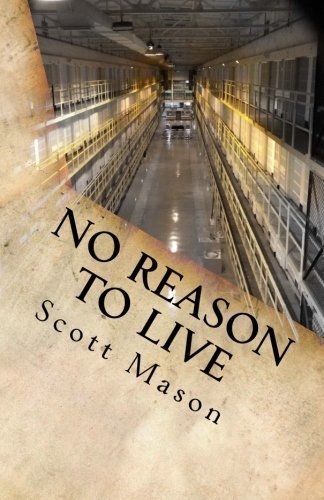

But the second the smile fades, you’ll go right back to where you were at the start. Once in a while you’ll actually manage a smile, a genuine smile over a TV show or a friend’s joke, and in that moment you’ll feel like you again. You’re not looking forward to anything, even the things you’re usually excited about. Like you want to slip back into unconsciousness.
#For no reason at all full
Even if you get a full eight hours, you still feel exhausted. And that’s the worst kind of tired, because sleep doesn’t cure it. And after you pull on your clothes (all black) and finish your breakfast (just coffee), all you can think about is getting back in bed. And when you start to be kinder to yourself, you’ll notice everything changes.Your alarm goes off, but you don’t feel like getting out of bed. At the root of depression is usually a very harsh inner critic, and a psychologist will help you develop healthier ways of talking to yourself.
#For no reason at all how to
A psychologist will help you learn how to identify these unhelpful thinking styles so you can get better at calling them out when they strike. These are sometimes referred to as “cognitive distortions”. You might also be encouraged to keep a mood diary, charting your thoughts and feelings throughout the day.ĭepression can keep us trapped in a negative loop and self-dialogue – unhelpful thought patterns that reinforce it. When you get to understand the patterns of your depression, you’ll get better at spotting the warning signs to prevent it from recurring again. In therapy for depression, a psychologist will help you unravel what caused your depression and what it feels like for you. When left untreated, depression can end up having a very negative impact on each and every area of your life. If you think you may be depressed, it’s really important to seek support from a mental health expert. What should I do if I think I’m depressed?

It’s a bit like living life wearing blinders – everything feels murkier. Depression has a nasty habit of changing the way we see ourselves, and the world around us. If your sadness is persistent and doesn’t go away on its own, and it lasts for a period of longer than 2 weeks, then you might be suffering from depression.ĭepression impacts our mood which means that sadness is a major symptom – but it’s also not the only symptom. In its own time, and when it’s ready, our sadness will pass, making space for another emotion.ĭepression, on the other hand, doesn’t budge. Maybe it’s after a good cry, talking it out with friends or doing something we enjoy. We all experience sadness from time-to-time.īut following our sadness, there tends to be a feeling of relief.

Sadness – as uncomfortable as it might feel at times – is part of being human. Is it sadness or depression? How to know the difference In these cases, it might indicate that there is something more at play. However, sometimes sadness persists and doesn’t go away. There tends to be a reason for sadness, and we usually find that in time – as with all emotions – it passes through relatively quickly. We tend to feel sad when we’ve lost something or been disappointed or let down in some way. It teaches us how we want to be treated, and how we treat others. So firstly, it’s important to say that your sadness is valid – all emotions are valid (including the uncomfortable ones).Īlthough sadness may not be one of the emotions we love best, it serves a powerful purpose.


 0 kommentar(er)
0 kommentar(er)
